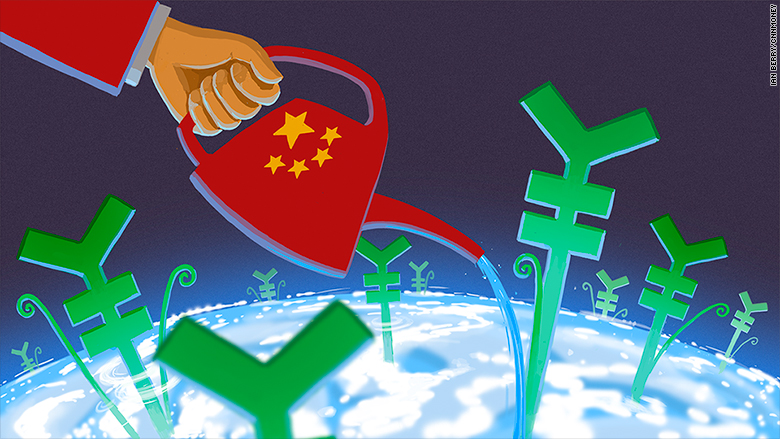The (re)making of China…in Mr Xi’s image

What now, that the Chinese Communist Party has passed a decision exalting President Xi Jinping as one of the country’s greatest leaders?
The party’s awed commentary on Mr Xi says so much more than the rhetoric. The official summary said that under Mr Xi’s leadership, China has “made historic achievements and undergone a historic transformation.” Under Mao Zedong, the founder of China’s Communist rule, Deng Xiaoping, chief architect of China’s economic takeoff and Mr Xi, the summary said, China had “achieved the tremendous transformation from standing up and growing prosperous to becoming strong.”
Has it really? Become strong, that is?
And has Mr Xi really led his country to what the official summary calls an historic transformation?
Some would argue the only historic transformation on Mr Xi’s watch is that China is headed in the wrong direction. Despite its one-party system and strong party control, China had, until Mr Xi, understood the perils of having a sole leader, a supreme master who can do no wrong. The excesses under Mao proved to be a teachable moment and China and the Communist Party learnt the lessons.
But now, Mr Xi is set to secure an unprecedented third term as leader at next year’s once-in-five-years congress. What this really means for China is that Mr Xi will be sole leader, for as long as he wants it, for as long as he is around.
This is somewhat puzzling considering that Mr Xi’s father, a veteran of the Communist revolution, was persecuted during Mao’s cultural revolution nd Mr Xi himself was “sent down” to the countryside along with millions of other Chinese teenagers. In December 2018, Mr Xi criticised the cultural revolution for bringing “China’s economy to the brink of collapse”. And yet, Mr Xi has moved ever more decisively to entrench his hold on party, country, private business and family life.
Some might say it’s the safest way forward for China as it tries to effect changes that messy democracies can’t easily manage. Mr Xi can, for instance, pursue his “common prosperity” campaign to close the wealth gap. (Imagine, trying to do that in the US!)
That said, having a supreme leader for as long as he lives, must necessarily cut out a lot of urgent national signals when things go wrong. The risk is that even those who hear and absorb the message, pretend they were out of range or just weren’t listening.

